In a world where long-term financial security is a major concern, the question of retirement contributions gives rise to lively debates. “You’re not contributing to retirement, aren’t you afraid?” is a frequently asked question, especially to freelancers and entrepreneurs. However, a mathematical analysis reveals that not contributing to traditional retirement could not only be a rational decision but also advantageous.
1. The Return on Retirement Contributions: A Disappointing Reality
The Internal Rate of Return (IRR) of retirement contributions, calculated by the Pension Orientation Committee (COR), is currently between 0.6% and 1.9% per year. This modest performance, in constant decline for a decade, raises questions about the effectiveness of these contributions as an investment vehicle for the future.
2. Investment Alternatives: More Attractive Returns
In comparison, long-term investment options offer much brighter prospects. Livret A and Euro life insurance funds offer respective IRRs of 1.8% and 3.0% before tax adjustment. Even more impressive, continuous investment in a global ETF since 1979 would have generated an IRR of 9.1%, or between 5.1% and 7.0% net after taxes and fees. These figures highlight the limits of traditional retirement contributions and the interest in turning to more profitable investments.
3. Impact on Final Retirement: A Stunning Difference
The impact of these investment choices on retirement income is staggering. For an individual contributing €12,000 per year over 44 years, the scenarios are as follows:
- Option 1: Retirement contributions with an IRR of 1.5% net, generating a retirement income of €39,000 per year.
- Option 2: Investment in euro funds with an IRR of 2.3% net, resulting in an income of €48,000 per year.
- Option 3: Investment in a global ETF with an IRR of 5.1% net, offering an income of €184,000 per year.
The conclusion is clear: investing the sums intended for retirement contributions in a global ETF could multiply retirement income by almost 4.7 compared to that paid by the State.
This mathematical analysis demonstrates that the financial future does not necessarily lie in traditional retirement systems. For freelancers and entrepreneurs, the opportunity to actively manage their retirement savings through better-performing investments is not only reassuring but potentially much more lucrative. Faced with these data, the absence of traditional retirement contributions appears less like a risk than like a wise financial strategy.



Share: